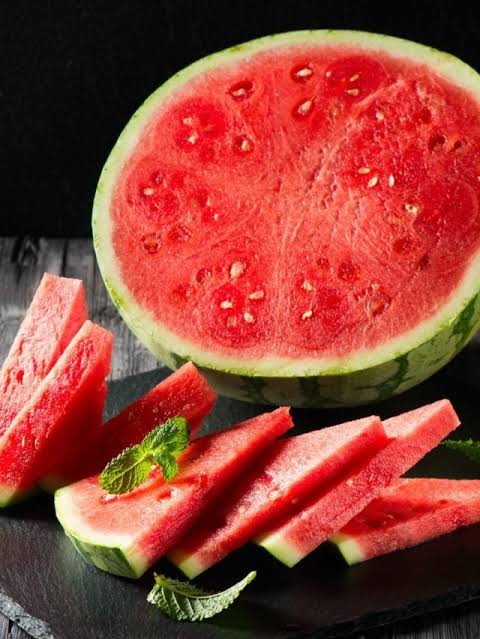Absolutely! Here’s a well-researched, engaging article on the health benefits of pears:
🍐 The Health Benefits of Pears: A Gentle Fruit with Powerful Nutrition
Pears are often overlooked, but they’re one of the healthiest and most versatile fruits available. Sweet, juicy, and soft in texture, pears are loaded with nutrients that promote digestion, heart health, weight management, and more. Whether eaten fresh, poached, or added to salads and desserts, pears offer a range of health benefits that are worth discovering.
🌿 1. Excellent Source of Dietary Fiber
Pears are a fiber powerhouse—one medium pear contains about 6 grams of fiber, which is roughly 21% of the daily requirement. Most of this is soluble fiber, which:
-
Promotes smooth digestion
-
Helps prevent constipation
-
Feeds healthy gut bacteria
-
May reduce the risk of colon cancer
❤️ 2. Supports Heart Health
The high fiber content of pears helps lower cholesterol levels, while their antioxidants (like flavonoids and vitamin C) help reduce inflammation and oxidative stress—both linked to heart disease. Pears also contain potassium, which helps regulate blood pressure.
⚖️ 3. Great for Weight Management
Pears are naturally low in calories, fat-free, and rich in fiber, making them ideal for people trying to manage or lose weight. The fiber slows digestion and helps you feel fuller longer, reducing overeating.
🛡️ 4. Strengthens the Immune System
Pears contain a healthy amount of vitamin C and other antioxidants that help strengthen your immune system. These nutrients protect the body from infections, speed up wound healing, and support the production of white blood cells.
🧬 5. Rich in Antioxidants
Pears are packed with plant compounds like flavonoids, polyphenols, and quercetin, which have anti-inflammatory, anti-cancer, and anti-aging properties. These antioxidants help neutralize free radicals, potentially lowering the risk of chronic diseases.
🧠 6. Promotes Brain Health
The antioxidants and anti-inflammatory properties of pears—especially quercetin—have been linked to a lower risk of neurodegenerative conditions like Alzheimer’s disease. Pears also contain folate, which is important for brain development and function.
🤰 7. Safe and Nutritious for Pregnancy
Pears are an excellent fruit choice for pregnant women because they contain:
-
Folate: Helps prevent neural tube defects
-
Fiber: Helps relieve common pregnancy-related constipation
-
Vitamin C & potassium: Support the baby’s immune system and heart development
🧴 8. Good for Skin and Anti-Aging
Vitamin C supports collagen production and helps keep your skin firm, smooth, and youthful. The antioxidants in pears protect skin cells from oxidative damage, potentially reducing signs of aging.
🍐 Nutritional Profile (per medium pear):
-
Calories: 100
-
Fiber: 6g
-
Vitamin C: 12% of the Daily Value (DV)
-
Vitamin K: 10% of the DV
-
Potassium: 206 mg
-
Also contains copper, magnesium, and small amounts of B vitamins
🧾 Final Thoughts
Pears are gentle on the stomach but strong on health benefits. From improving digestion and boosting immunity to supporting heart and brain health, this underrated fruit is a great addition to any healthy diet. Delicious and easy to enjoy raw or cooked, pears are truly a perfect blend of flavor and nutrition.























